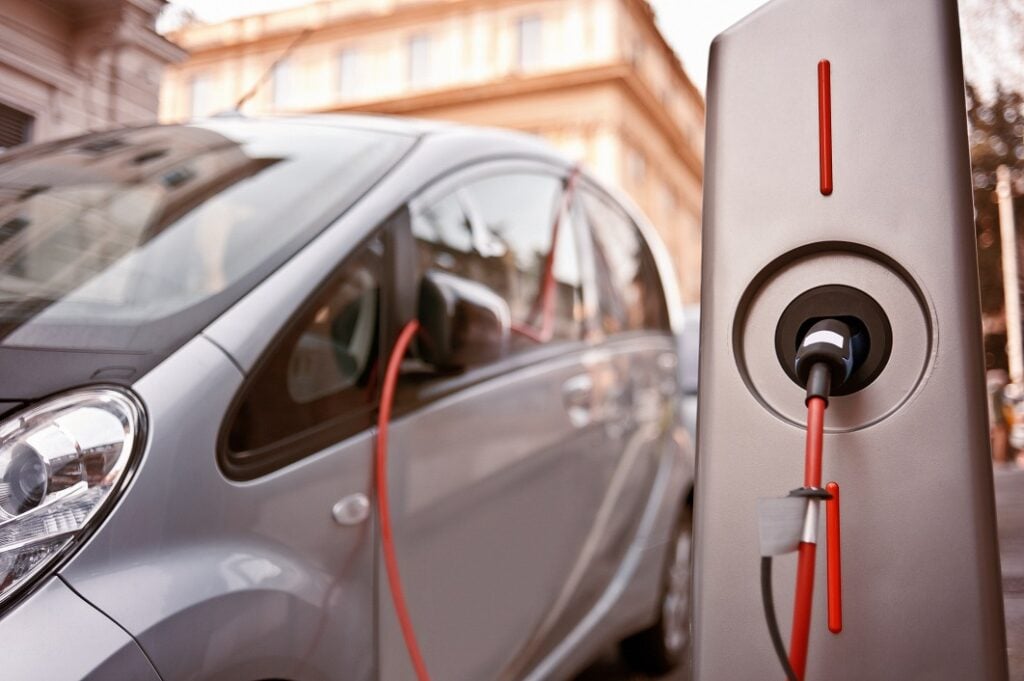Sales of battery electric vehicles (BEVs) hit 19,842 in June, beating the 15,027 sales of diesel vehicles recorded in the month.
The BEV sales represent a 122.9% increase compared with June 2020, according to the latest figures from the Society of Motor Manufacturers and Traders (SMMT).
It’s led to BEVs securing 10.7% of the market share in June 2021, compared with 6.1% in June 2020. In comparison, diesel took home an 8.1% market share. It’s not the first time BEVs have overtaken diesel sales, with April 2021 – a month in which diesel sales took a nosedive as a result of the impact of the first COVID-19 lockdown – seeing BEV sales represent 31.8% of the market share, with more sold than diesel cars for the first time.
Combined, last month BEVs and plug-in hybrid vehicles (PHEVs) accounted for 17.2% of new vehicles in the month, totaling 31,981 sales.
New car sales in June were up year-on-year as a whole to 186,128, a jump of 28%. However, when compared with the previous decade average, monthly registrations were down by 16.4%.
Looking at 2021 to date, there have been 73,893 BEV sales compared to 30,957 at the same point in 2020. Market share has risen from 4.7% to 8.1%.
“With the end of domestic restrictions later this month looking more likely, business and consumer optimism should improve further, fueling increased spending, especially as the industry looks towards September and advanced orders for the next plate change,” Mike Hawes, SMMT chief executive, said.
The SMMT figures come alongside statistics released from New Automotive, which found that BEVs captured an 11% share of the market, which it said was the same percentage as diesel.
This is equivalent to 16,000 BEV sales in June in the UK, with the north east, London and the south east continuing to be hotspots for new EV registrations.
In particular, north east England averages 13% of all newly registered cars being fully electric.
However, Ben Nelmes, head of policy at New Automotive, said that while BEVs saw strong growth, the current growth in hybrid vehicles “is a concern” due to them not being fully zero emissions.
“Ministers should consider introducing a California-style scheme that would reward manufacturers for selling fully electric cars instead of hybrids. That would encourage more investment in EV manufacturing and production,” Nelmes said.





